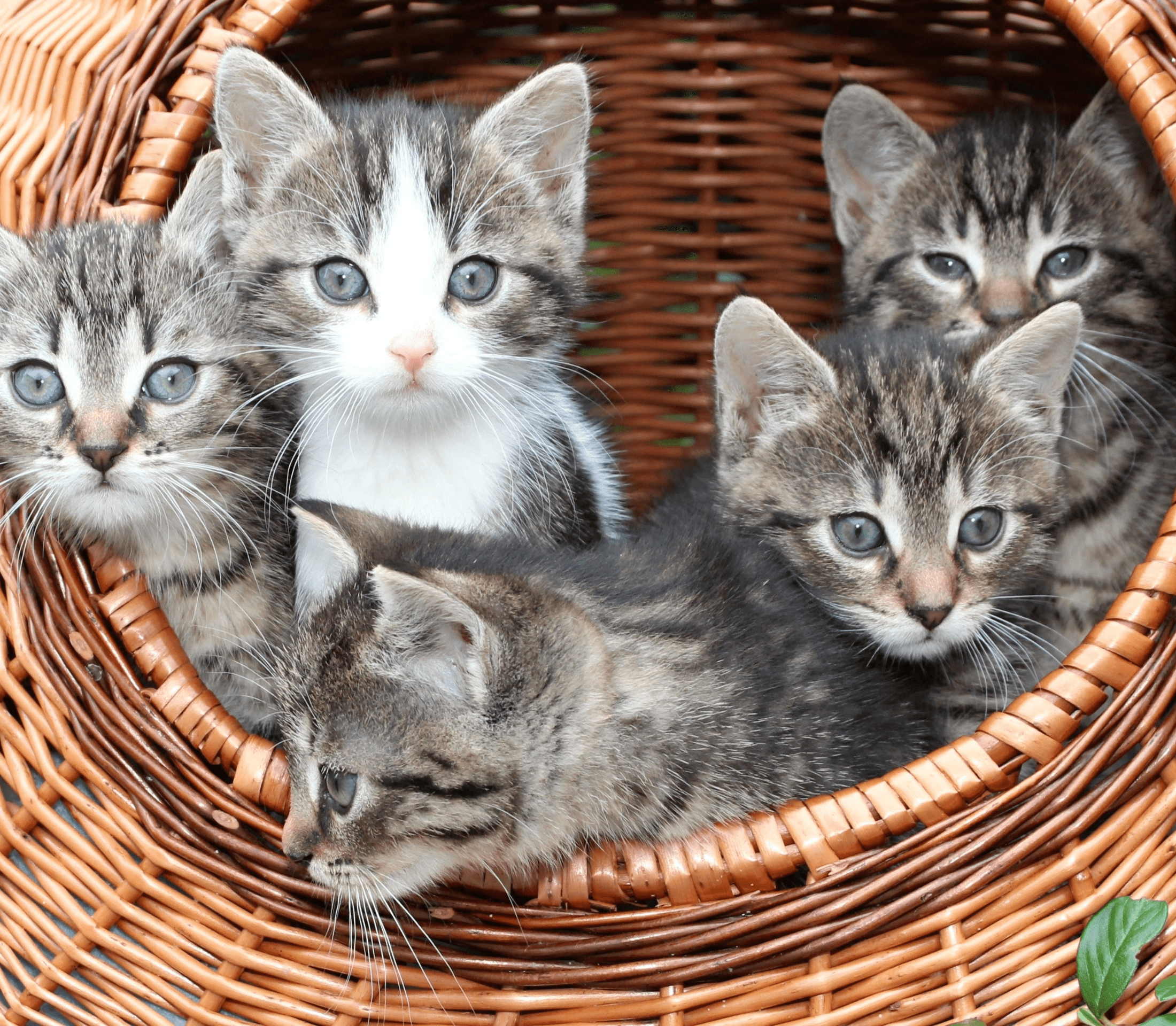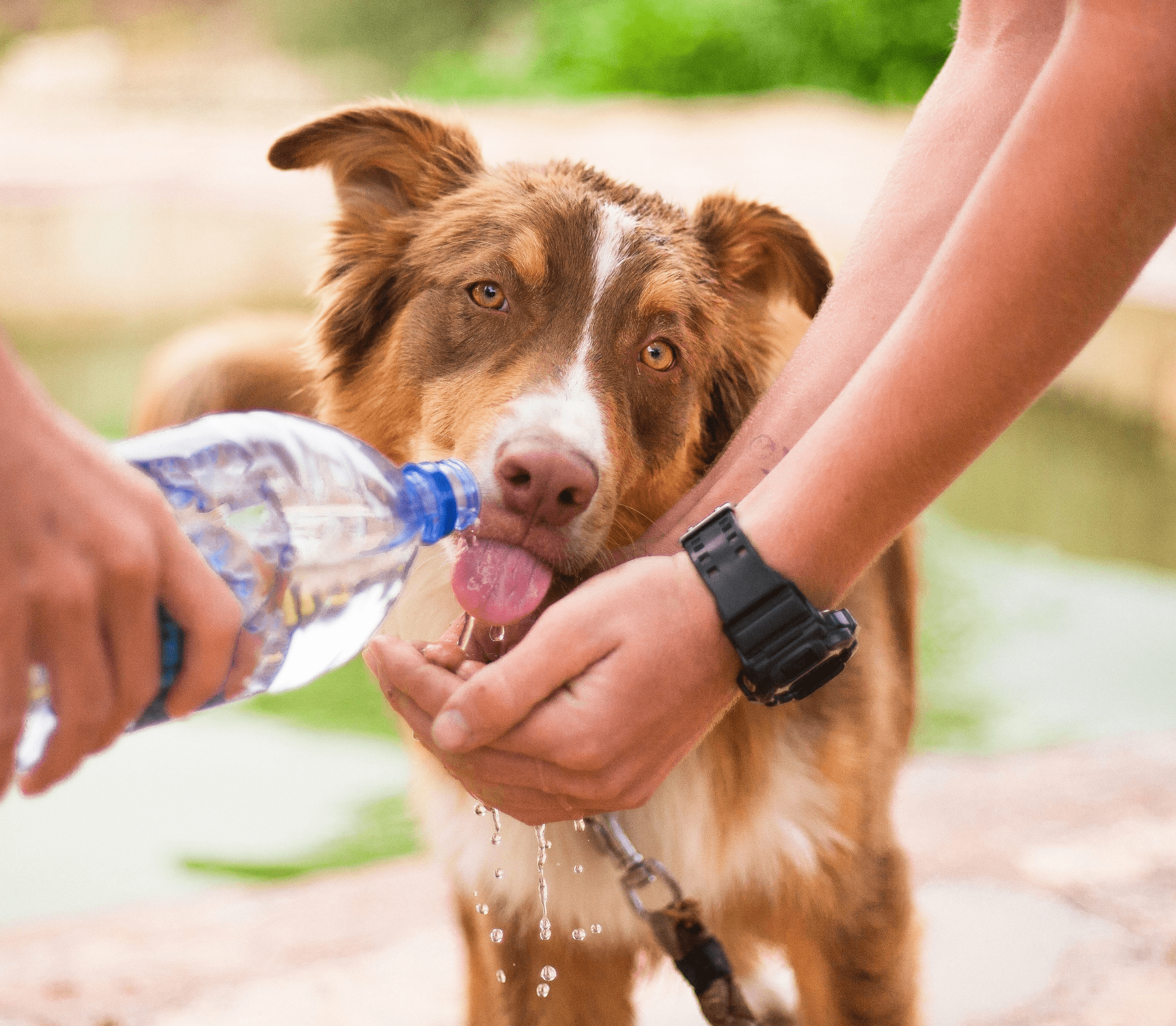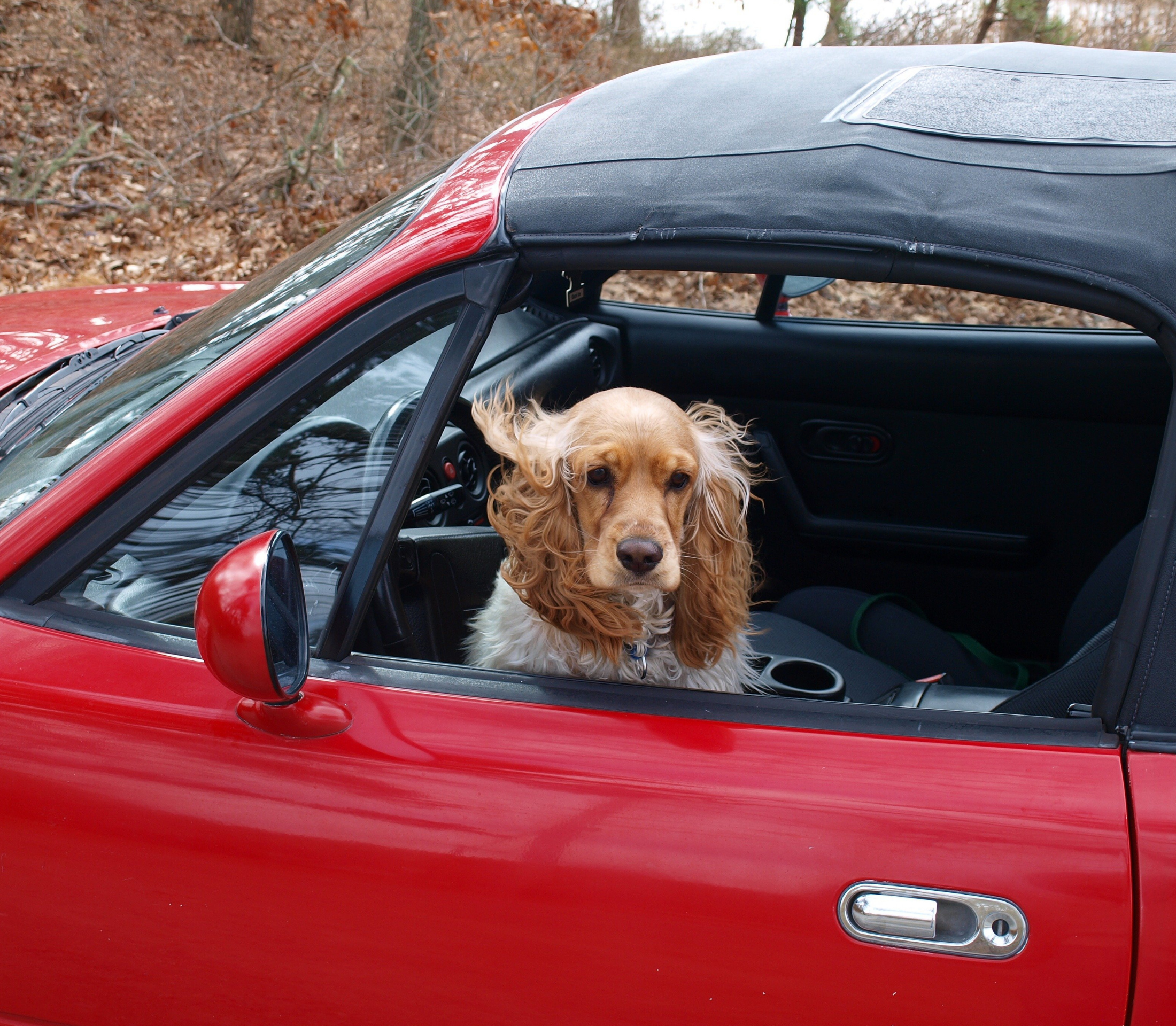Valentine’s Day Pet Safety Tips
With Valentine’s Day approaching, we’re starting to see lots of hearts and candies in stores. Many people are also planning dinners or getaways with their significant others. Don’t forget about your furry friend! This can be a dangerous holiday for pets. Here, a Hyattsville, MD vet offers some tips on keeping your pet safe on this sweet holiday.
Flowers
Dogs and cats often nibble on fresh plants. This can be dangerous, as many popular flowers, like lilies, are unsafe for our furry buddies. Others, such as roses, are not toxic, but are still dangerous because of thorns. Keep bouquets in high, secure spots.
Wine
Wine is often a perfect touch for a romantic evening. However, alcohol is very dangerous to Fido and Fluffy. Even a small amount could make your furball very sick.
Candles/Fireplace
Did you know that pets start over 1000 fires a year? Candles may be romantic, but they are definitely not pet-safe. Keep candles in high spots that your four-legged friend can’t reach. If you use a fireplace, get a sturdy grate, so your furry pal can’t get too close to the flames.
Candies and Chocolate
Candies and chocolate are a big part of many Valentine’s Day celebrations. However, those sweet treats are not safe for Fluffy and Fido. Many types of candies contain xylitol, which is toxic to pets. Hard candies are also a choking hazard to playful pets, as are candy wrappers. Chocolate is also a concern. Chocolate contains caffeine and theobromine, which are both poisonous to our four-legged companions. In fact, chocolate can even be fatal in large doses! Keep the candy bowl out of paws’ reach.
Stuffed Animals
Stuffed animals are a very sweet Valentine’s memento. Cats usually just snuggle up to them, but dogs tend to, well, destroy them. This can be dangerous, as many stuffed animals have small parts, like buttons or plastic eyes, which can choke your canine buddy. Squeakers are also a concern. If that weren’t enough, the stuffing can also be toxic to Fido. Try to keep stuffed animals somewhere Fido won’t see them.
Cards
While some cards are safe, others—especially ones with batteries or attached parts—can be dangerous to playful pets. Keep cards in a spot your pet can’t reach.
As your Hyattsville, MD vet clinic, we’re happy to serve all your pet’s veterinary care needs. Please contact us anytime.



